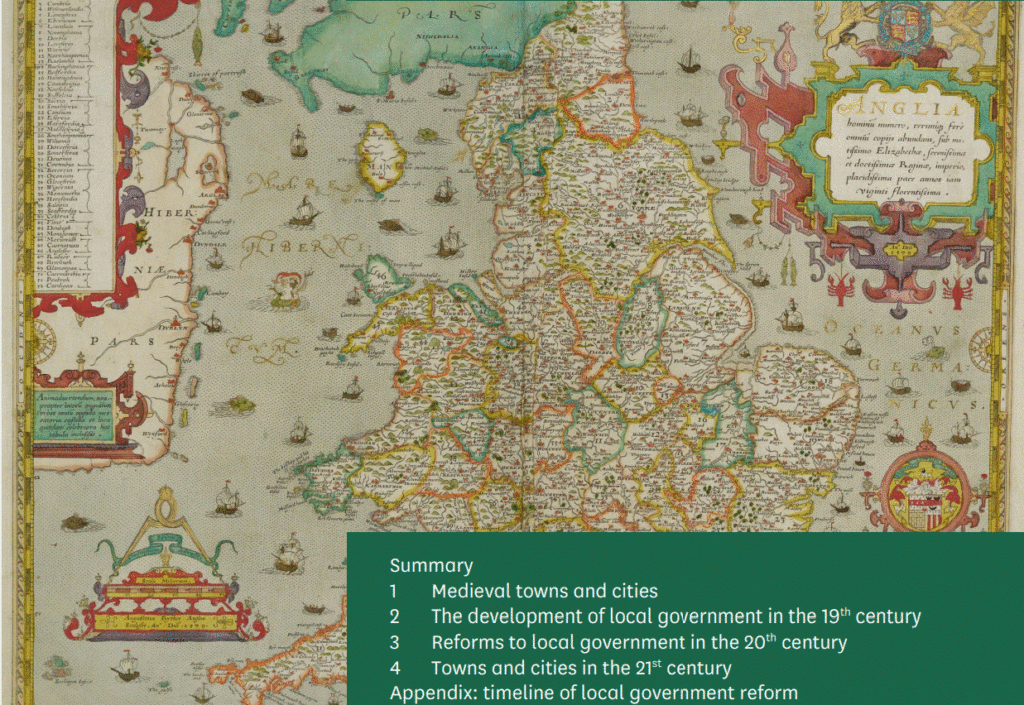
History of local government in English towns and cities

news, new scholarship & more from around the world






1 April 1963
The College of Social Welfare and Research Centre has been established in Pakistan with the help of United Nations technical assistance experts to train students at all levels of welfare education and to direct an extension programme.
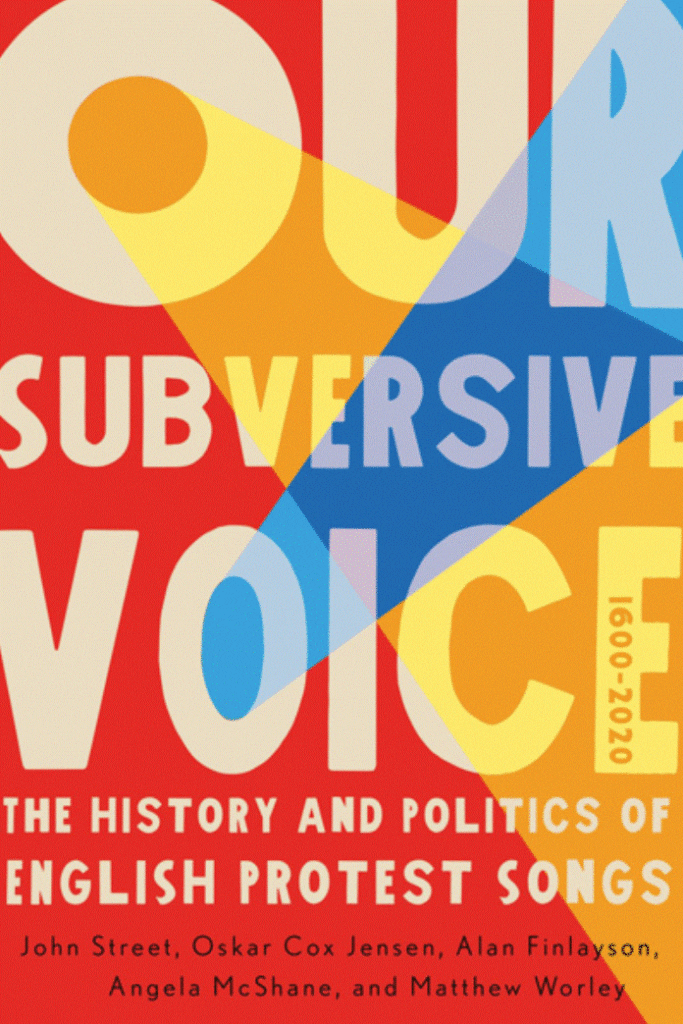

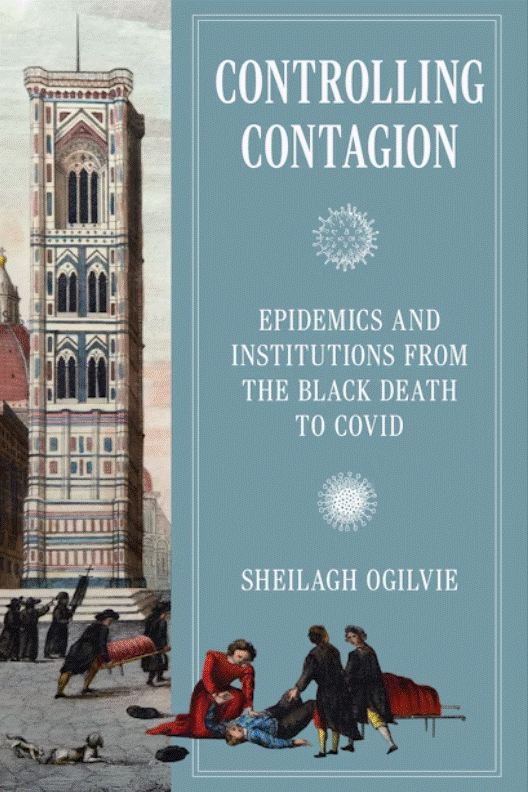



For nearly 50 years, Brown-Jones served and represented the Neighborhood House, becoming its executive director in April 1972. The organization provided services to help strengthen family life, such as child care, a family health clinic and various programs for students and adults to succeed and become self-sufficient.


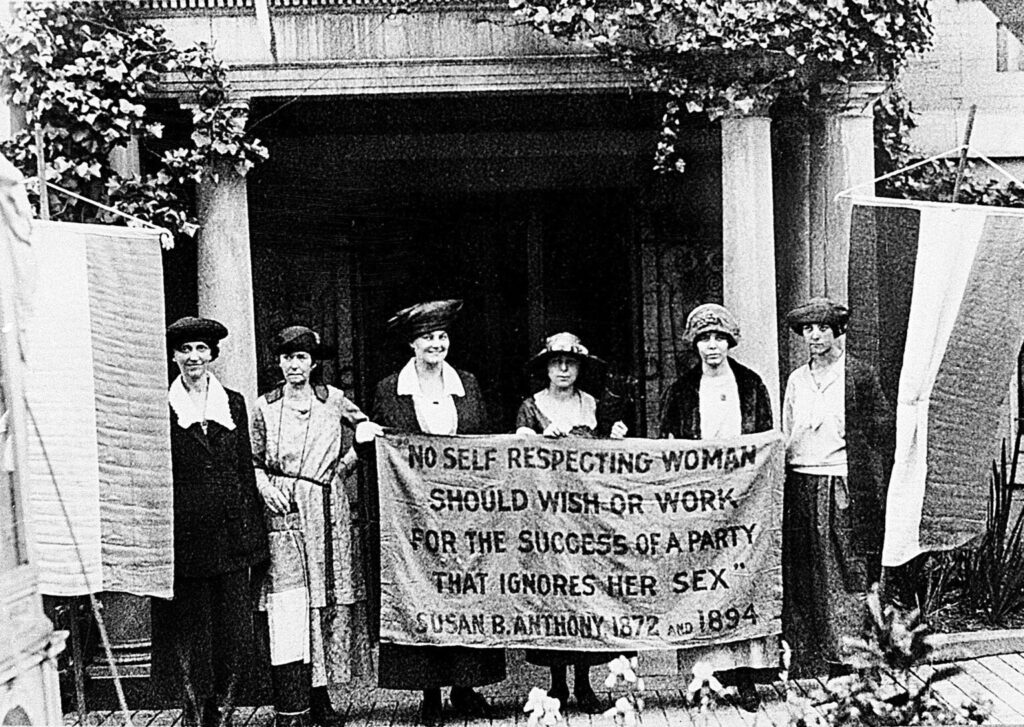
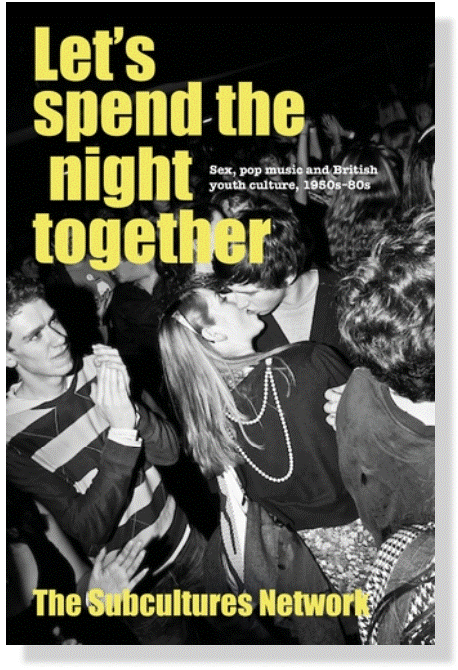

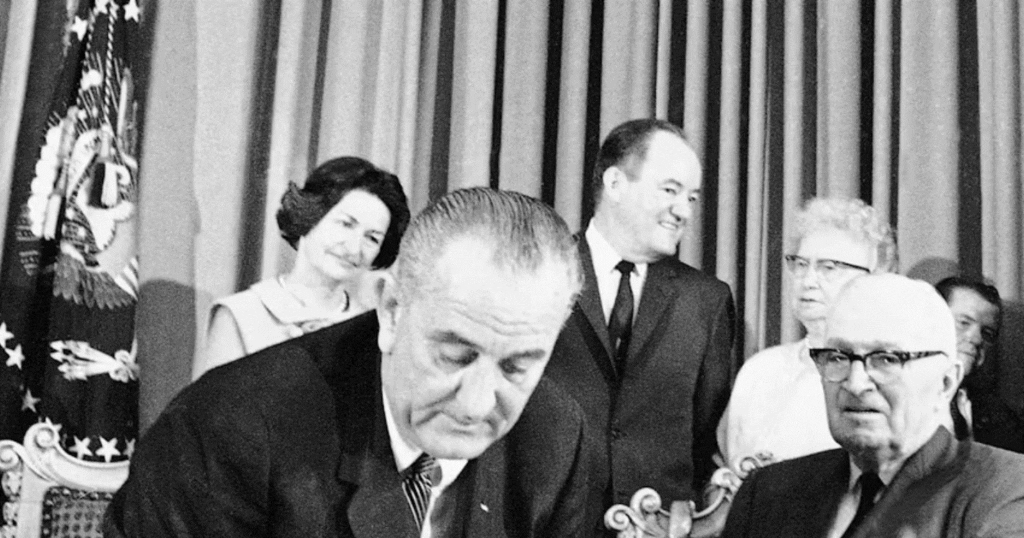
President Lyndon B. Johnson, left, next to former President Harry S. Truman, signs into law the measure creating Medicare and Medicaid in 1965.
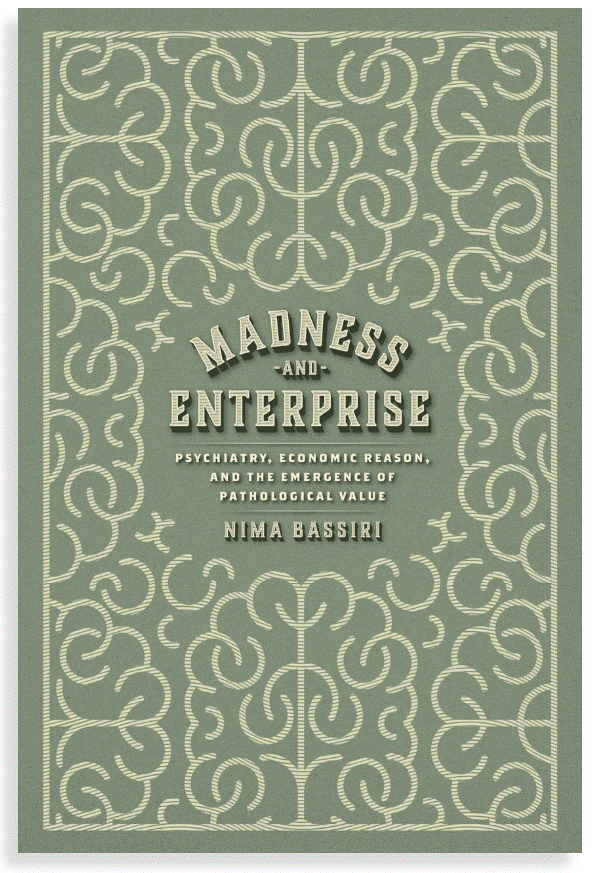
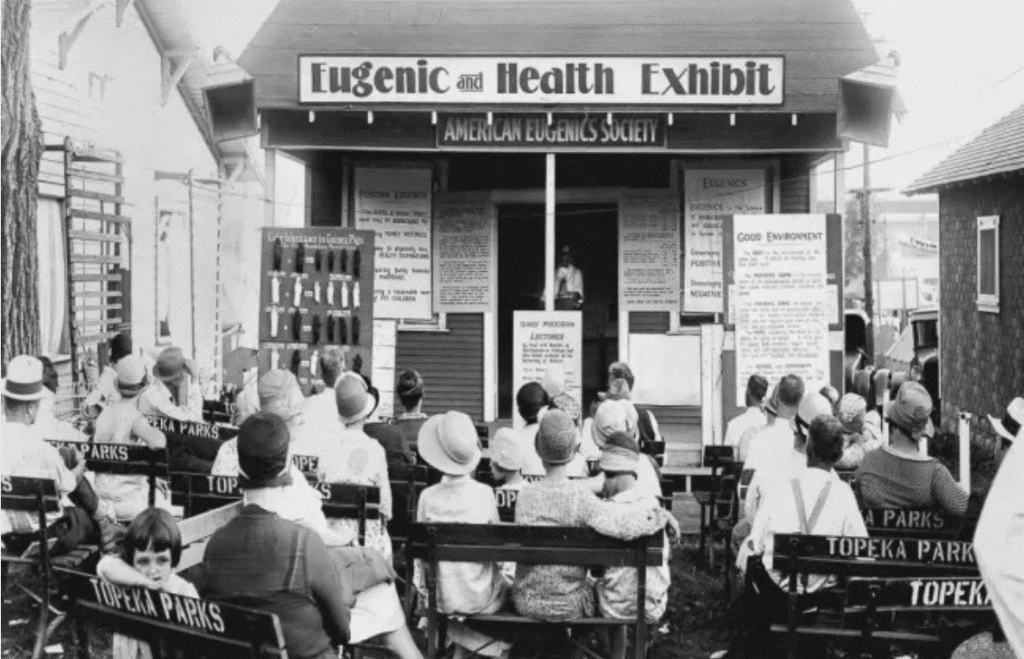
“Habitual offender” laws first spread across the country in the early 1900s as part of the eugenics movement, which grew in the 1880s and reached its peak in the 1920s. The aim of the eugenics movement was to create a superior race in order to address social problems such as crime and disease, which the movement assumed had a biological basis.3 Applying pseudoscience, laws and policies were created to prevent those who were deemed inferior, such as the mentally ill, those convicted of criminal offenses, or the physically frail, from reproducing. Eugenics and racism are deeply entwined, and the “projects” of eugenics supported “racial nationalism and racial purity.”4 One example of the relationship between race and eugenics is found in Nazi Germany, where “Nazi planners appropriated and incorporated eugenics as they implemented racial policy and genocide.”5
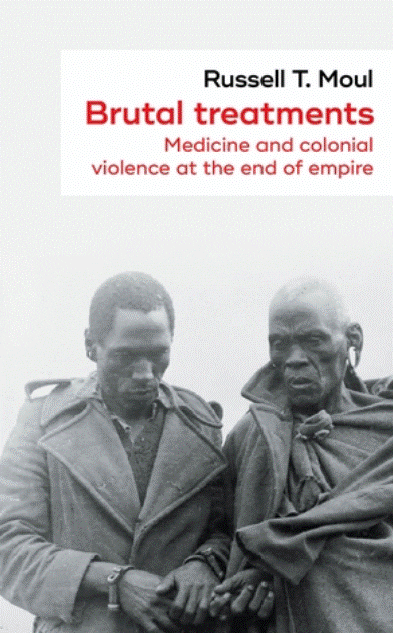

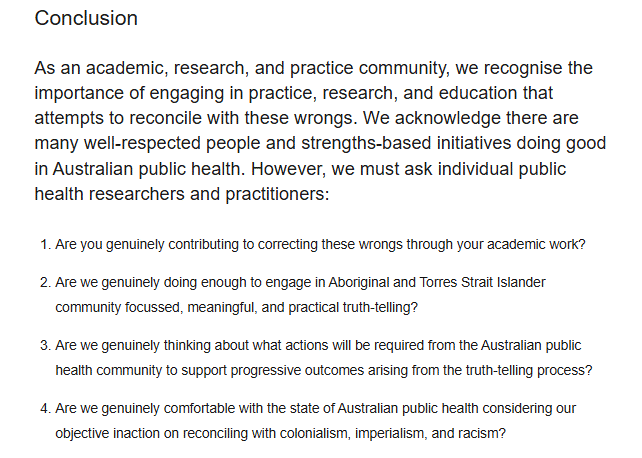
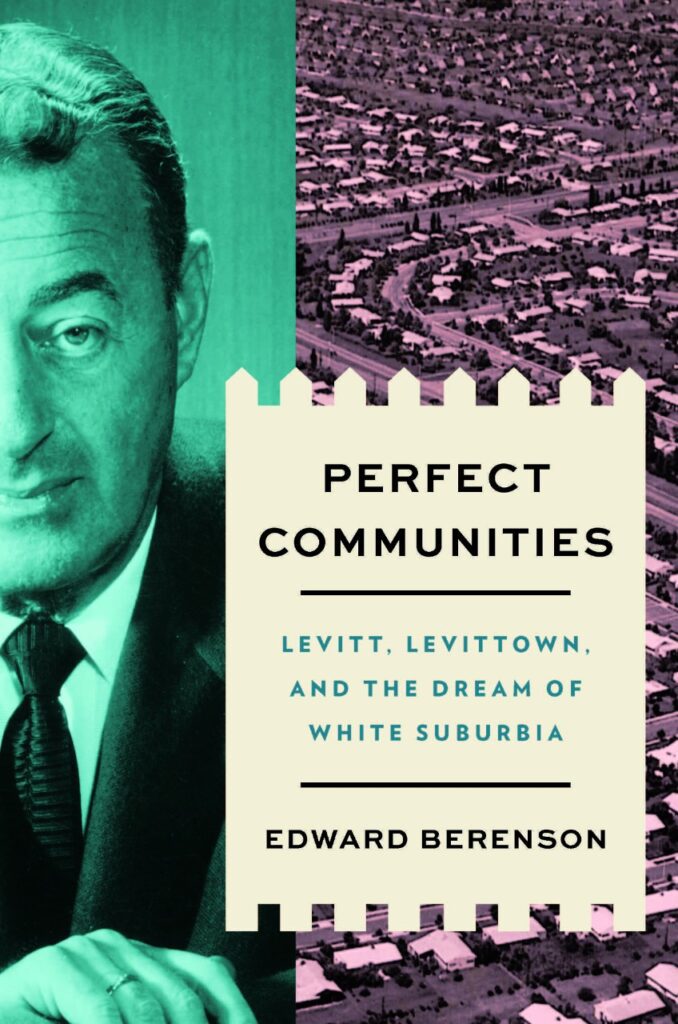

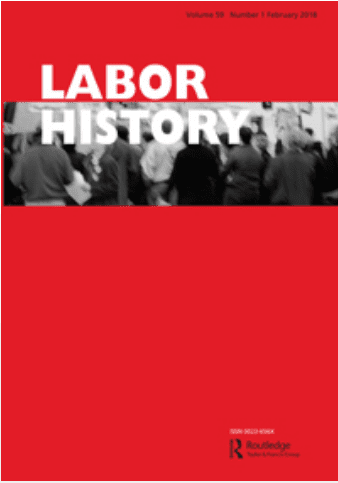




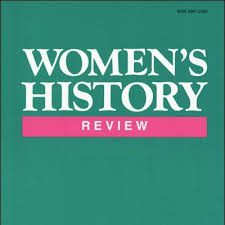

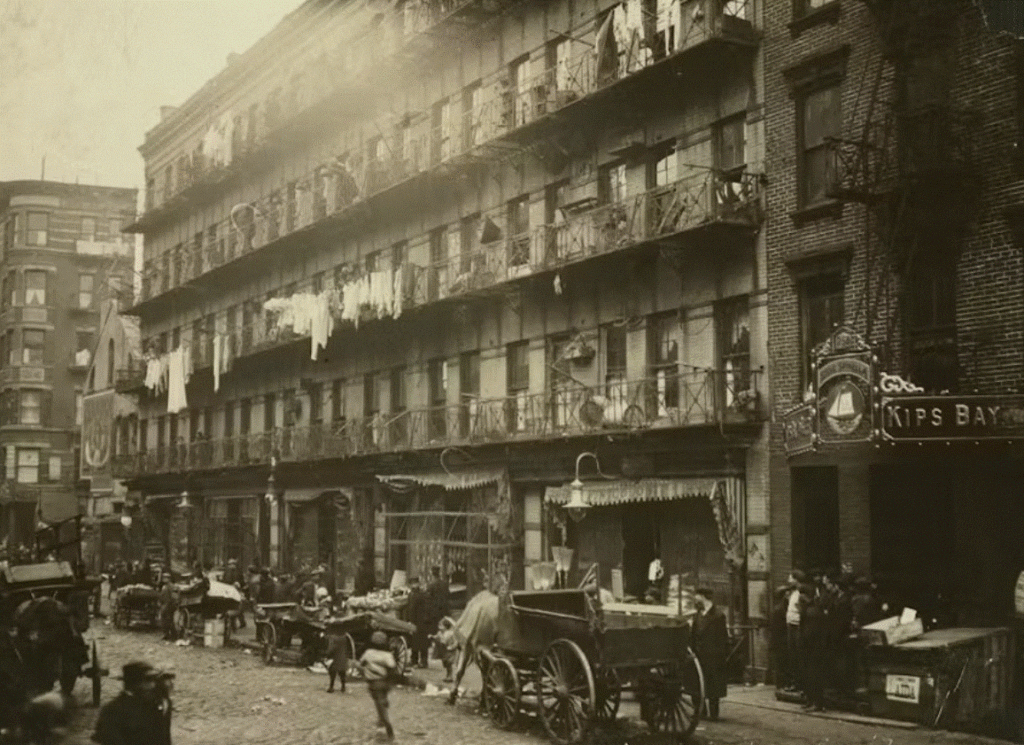



In 1774, as Britain’s colonies in America teetered on the brink of revolution, one regiment was torn apart by the trials of a British army chaplain – Robert Newburgh – who was accused of having sex with another man. In this episode, John Gilbert McCurdy examines evolving attitudes to sexuality and liberty in the colonies on the eve of revolutionary war, and explores how Newburgh’s trials became a flashpoint for wider fears of moral and political disorder.
(Ad) John Gilbert McCurdy is the author of Vicious and Immoral: Homosexuality, the American Revolution, and the Trials of Robert Newburgh (Johns Hopkins University Press, 2024). Buy it now from Amazon: https://www.amazon.co.uk/Vicious-Immoral-Homosexuality-American-Revolution/dp/142144853X/?tag=bbchistory045-21&ascsubtag=historyextra-social-histboty.
The HistoryExtra podcast is produced by the team behind BBC History Magazine.
Learn more about your ad choices. Visit podcastchoices.com/adchoices

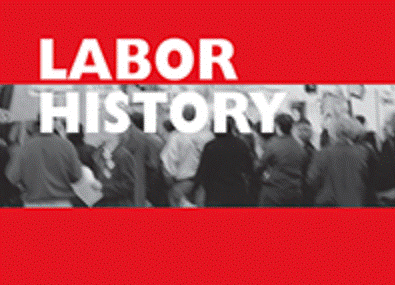

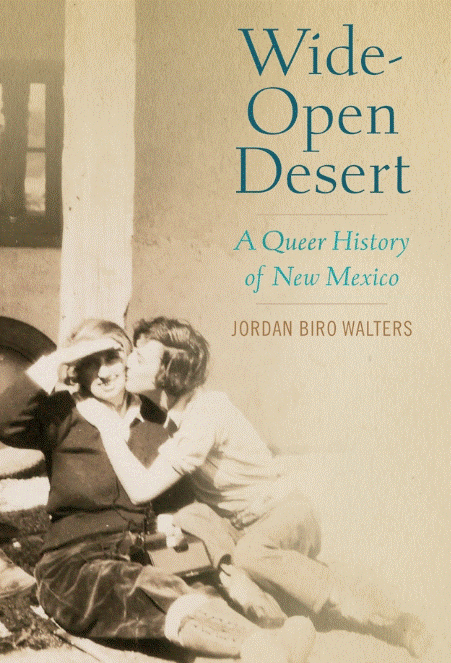
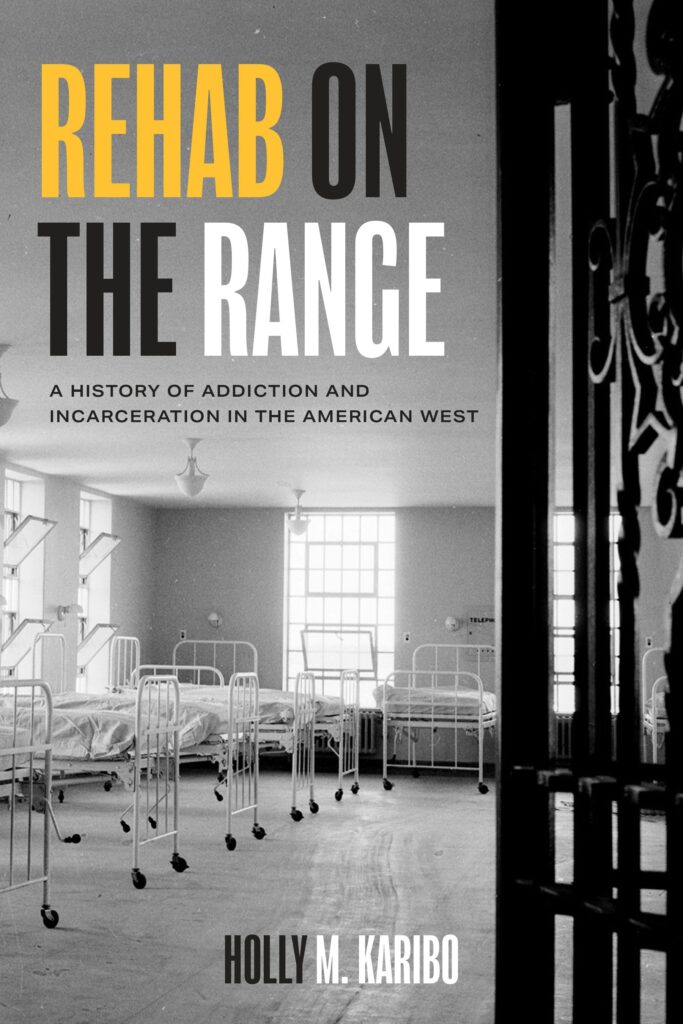

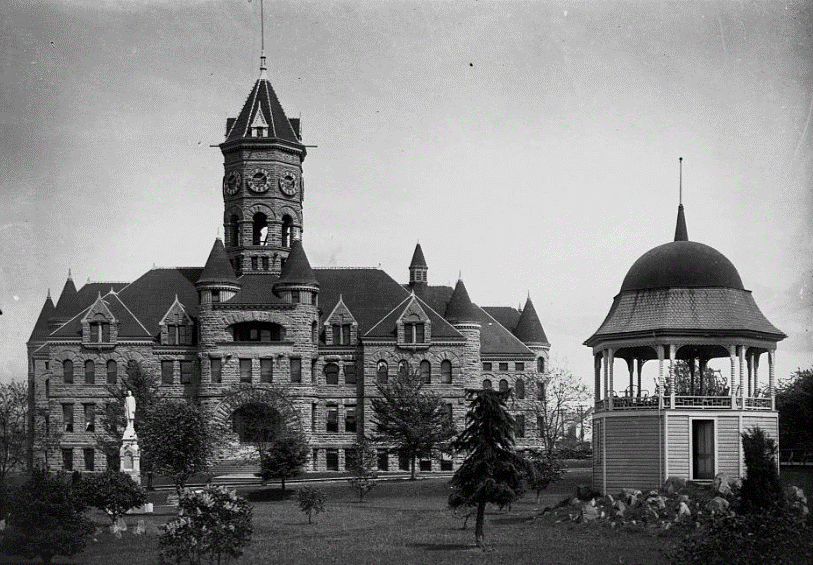
Last November, Seattle voters elected socialist Shaun Scott to the Washington State legislature. Writing in Jacobin, Scott tells the mostly forgotten story of the only socialist to make it to Olympia before him, over 100 years ago: William Kingery. Above: The old Washington State Capitol building in Olympia, Washington, in the 1910s.
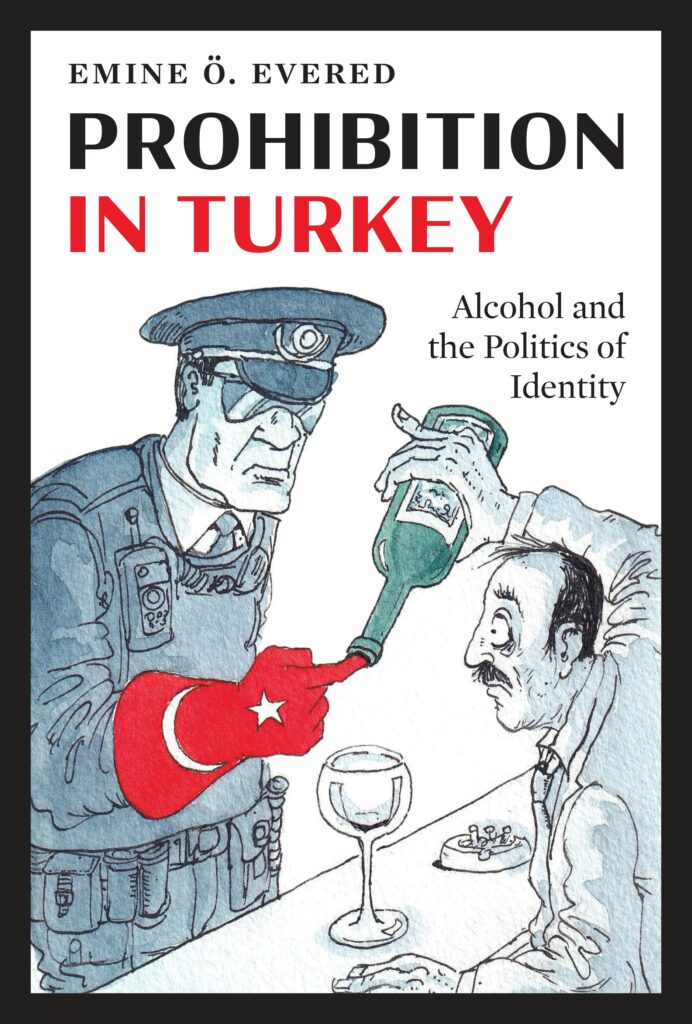

Barns was a Hostel-school initiated by the Society of Friends, where lawless boys made their own laws, and where the principle instrument in their reformation was not punishment but affection. So successful were the unconventional methods here described that sceptics were convinced, and Barns has now achieved a permanent place in the field of “the therapy of the dis-social.” Today it would be described as a therapeutic community and is one of the earliest experiments of its kind that raised awareness and paved the way for further research in this area.
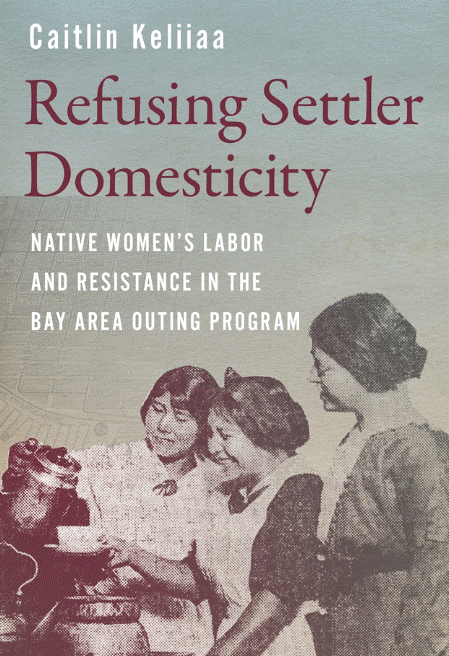
In the early twentieth century, the Bay Area Outing Program coercively recruited over a thousand Native girls and women from boarding schools to labor as live-in domestic workers across the San Francisco Bay Area. Outing removed Native people from their communities and transferred them to white homes, farms, and businesses to work as menial laborers. In exchange for room, board, and meager pay, Native women and girls as young as twelve cooked, cleaned, and lived in the homes of their employers. Despite oppressive living and working conditions, they strategically resisted the worst aspects of outing, including Indian child removal, sexual surveillance, criminalization, and exploitation. Throughout, they forged social connections and navigated relationships to refuse domestication and assert their agency.
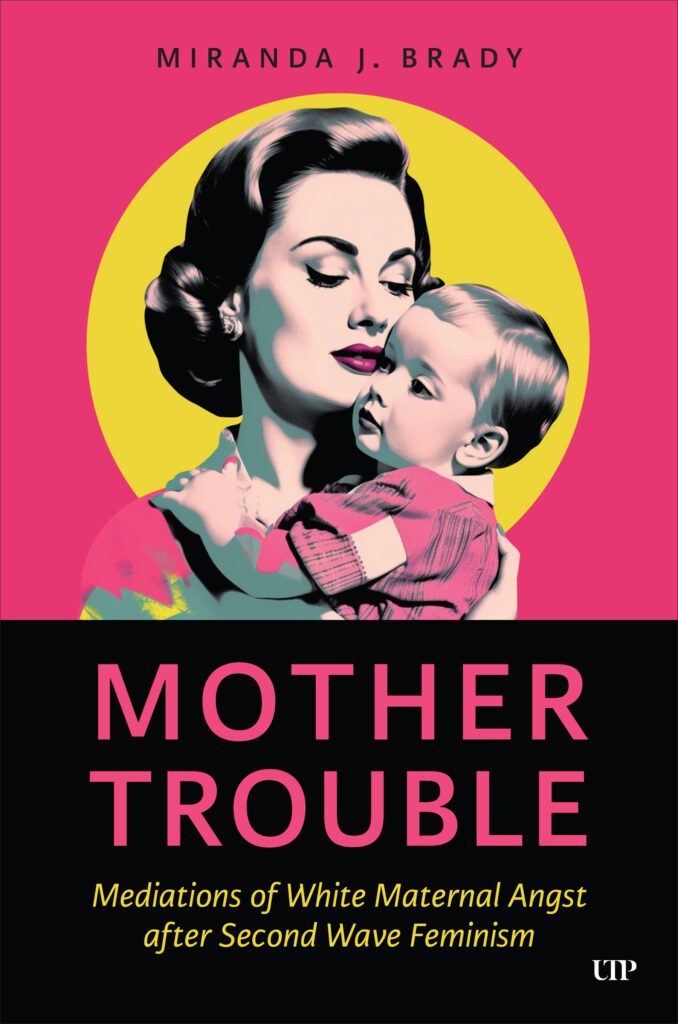
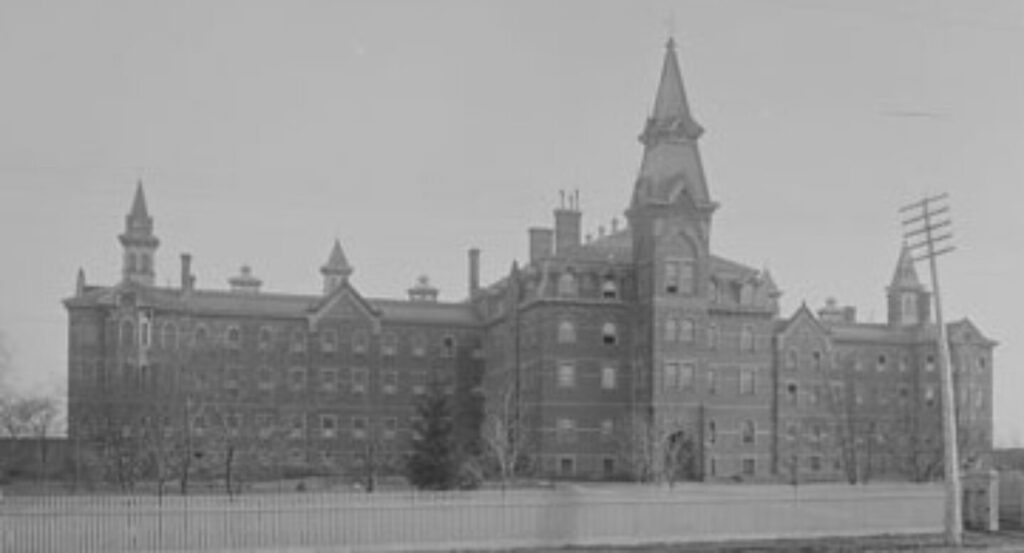
The Andrew Mercer Reformatory for Females (1880-1969) and Industrial Refuge for Girls (1880-1905) was the first all women’s prison in Canada. For nearly a century, this house of horrors saw over 20,000 women walk through its doors. Philanthropic groups, religious representatives, social work organizations, and public health organizations colluded with provincial and federal legal systems to remove from society, through incarceration, women and girls deemed “morally and socially” unacceptable. Above: The Andrew Mercer Reformatory in Toronto